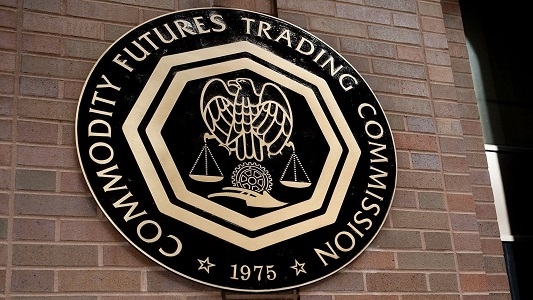Emir continues to pose challenge for fund managers
PARTICIPANTS
- Alan Cameron, head of relationship management - international banks and brokers, BNP Paribas Securities Services
- Ulf Noren, specialist and global head of sub-custody, transaction banking, SEB
- Jason Nabi, head of global broker-dealer services, Societe Generale Securities Services
- Tim Harris, associate director, alternatives and derivatives, Hermes Fund Managers
- Hugo Cox, chairman
Chair: To what extent will firms delegate trade reporting under Emir?
Nabi: It is about what turnkey solution providers can offer. I cannot think of any firms that can self-report fully today but we all have invested and have initiatives underway to get there. There are firms out there that have specialised in delivering collateral management services, developing data tools and developing reporting processes. I think the integrated solution is still some way off though. 
Harris: Yes, so we are not dependent on the providers, which I appreciate have considerable challenges already. Doing it in-house has allowed us to find a quicker route to the end game. There are challenges when we think about the clearing – whoever is in the middle – for certain asset types.
But, in general, if you are going to have to spend a lot of money to report, or meet the other requirements, you will have to look elsewhere. There are big conversations to have. In terms of a request for proposals (RFP), the section about assisting with market initiatives that was hidden down at the bottom of the page is now a much higher priority and this is pushing the RFP requirements.
Chair: How much work have firms had to do around the AIFM directive?
Noren: This is the regulation we have focused on most, especially given the challenges around liability and risk distribution. We have to accept the fact that we are now liable for many more things than we were before. Currently, I would say about 10% of the asset volumes that we have on behalf of clients are connected to alternatives. We are comfortable with the contractual situation we have for those assets in 84% of cases, leaving 16% still to be sorted.
What makes the AIFM directive even more challenging is the transposition of its rules into Ucits and the resulting impact on all investment funds. The industry needs more guidance here and I think we will encounter bottlenecks ahead of the July 22 deadline. A lot of players still have not obtained a licence – and quite a few still have not even applied.
Chair: Has regulation had a lasting impact on commercial strategies of the sell side?
Nabi: Regulation has forced all participants – whether institutional brokers, prime brokers or investment banks – to fundamentally determine their priorities in terms of the clients they want to serve and the services they are looking to offer. The increased cost of capital, which lies at the heart of the regulations, means that you just cannot continue to be all things to all people, in all locations.
The positive is that we should, over the next five to 10 years, see the sell side adopt outsourcing as a strategic platform for running their business in an operationally efficient and capital efficient way, making it more agile as regulation continues to evolve and change. In this sense it will be catching up with the buy side, which had to do this 10 or 15 years ago. The resultant focus on core business should make for a more robust and healthier landscape for the buy side and the sell side.
Found this useful?
Take a complimentary trial of the FOW Marketing Intelligence Platform – the comprehensive source of news and analysis across the buy- and sell- side.
Gain access to:
- A single source of in-depth news, insight and analysis across Asset Management, Securities Finance, Custody, Fund Services and Derivatives
- Our interactive database, optimized to enable you to summarise data and build graphs outlining market activity
- Exclusive whitepapers, supplements and industry analysis curated and published by Futures & Options World
- Breaking news, daily and weekly alerts on the markets most relevant to you




